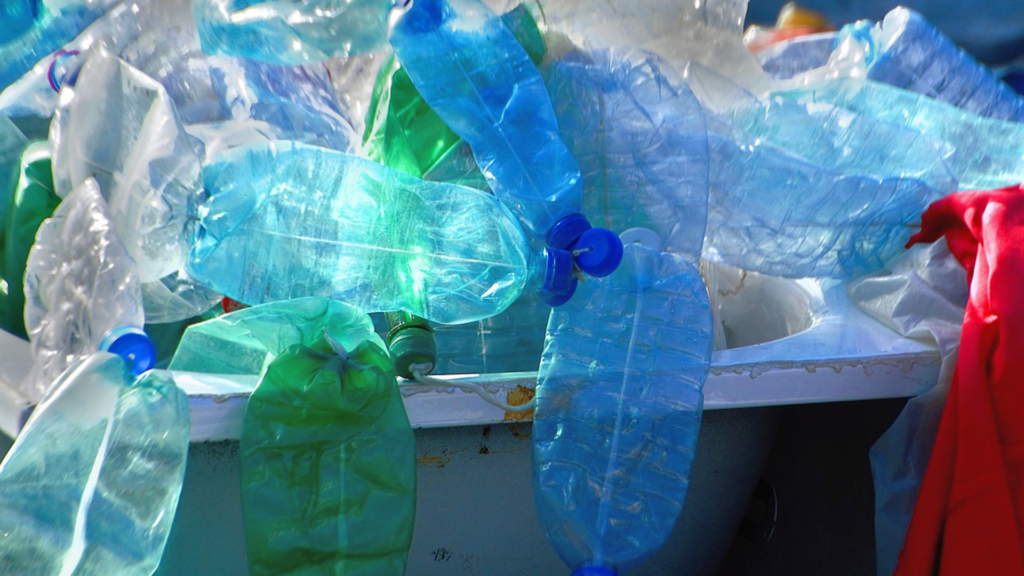The toxic nature of plastic waste is a global concern for which a ban on single-use plastic and recycling of plastic products has been formulated by many countries including India. As per the study, out of 13000 chemicals contained in Plastic, 3,200 are unsafe for human health. As per the WWF data, in the day-to-day life, an average human being ingests about 5 grams of plastic weekly which impacts their health by causing several diseases, disabilities, and premature deaths.
The world is emphasizing recycling of these plastic products as improper disposal of plastic waste, including illegal dumping or burning, can release toxic substances into the environment. But as per the latest report of Greenpeace, USA, recycled plastics have also been found to be toxic with the transfer of toxic chemicals in the recycling process itself including the new toxic chemicals generated in the recycling process. Thus, it advocates the incompatibility of plastics with the circular economy which is leading to environmental injustice with the transfer of toxic chemicals as plastic recycling and the associated increase in toxicity are interconnected.
Strengthening global regulations and enforcement mechanisms related to plastic waste management, recycling, and disposal can help prevent illegal dumping, promote responsible practices, and ensure accountability within the lifecycle. Increasing public awareness about the environmental and health impacts of plastic pollution and the importance of responsible use of plastic can empower individuals and communities to take action and demand change.
By addressing environmental injustice, we can work toward a more equitable and sustainable future, where the burden of plastic pollution and its consequences are not disproportionately borne by marginalized communities. Thus, an ambitious, legally bind Global Plastic Treaty is the need of the hour to decide the way forward to make a safe transition from the dependence on plastic materials that can promote a safe, non-toxic, and reusable material as a substitute for plastic.
This will lead to a zero-plastic waste economy to promote green growth. It should work to weaken the plastic supply chain and its waste management to encourage the use of safe substitute material that can support human health along with the health of our beautiful planet ‘Earth’.

